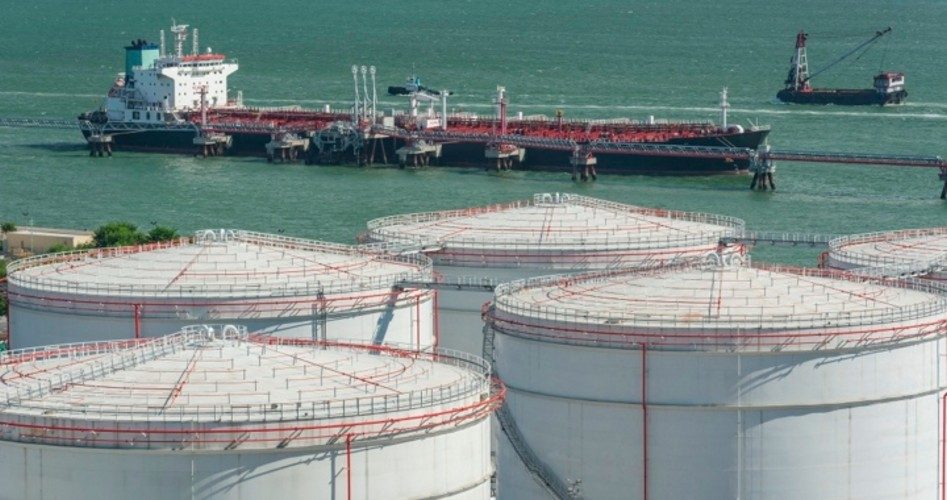
Mohammad Javad Zarif, Iran’s foreign minister, could hardly contain himself on Saturday:
It’s a good day for the people of Iran … and also a good day for the region. The sanctions will be lifted today….
It is proved that we can solve important problems through diplomacy, not threats and pressure, and thus today is definitely an important day.
After proving to the six countries that have sanctioned Iran for more than a decade over its nuclear ambitions that the July 2015 agreement’s conditions have been met, European Union High Representive for Foreign Affairs and Security Policy Federica Mogherini confirmed the end of sanctions:
The EU has confirmed that the legal framework providing for the lifting of its nuclear-related economic and financial sanctions is effective. The United States today is ceasing the application of its nuclear-related statutory sanctions on Iran.
All sides remain firmly convinced that this historic deal is both strong and fair, and that it meets the requirements of all: its proper implementation will be a key contribution to improved regional and international peace, stability and security.
OPEC members will wish it to be so. But the flood of Iranian oil, estimated at 500,000 barrels a day immediately and increasing to a million bpd (or even more) in a couple of months, will likely add threats to international peace, cause more instability in the oil markets, and raise concerns about security.
For one thing, the release of sanctions will allow Iran access to tens of billions of dollars in its reserves held hostage offshore. This will allow the country the freedom to continue to expand its support for the Assad regime in Syria as well as the Lebanese Shiite group Hezbollah.
For another, Iranian banks will be allowed to reconnect with the European financial system, increasing and enhancing the country’s influence back to pre-sanction levels.
The release of sanctions isn’t total. European companies will be able to resume business relations with Iran, but American companies will still be limited by existing terrorism, human rights and ballistic-missiles-related sanctions.
Lower oil prices, having breached the $30 level, will sting OPEC members more directly and immediately. The six members of the Gulf Cooperation Council — Bahrain, Kuwait, Oman, Qatar, Saudi Arabia and the UAE — have been hammered by crude prices that have dropped from over $100 to $30 in the last year. Many have had to borrow to close their deficits, others have had to lay off public sector workers, while still others (especially Saudi Arabia) have been liquidating massive parts of their foreign reserves.
Many are cutting their welfare state benefits, inviting political risks as promises made to citizens are now being broken. Contractors in the area are facing delays in being paid, while some governments are selling off public assets to raise funds to cover their shortfalls. As Rzaz Agha, the chief Middle East economist at VTB Capital in London, put it: “In more than 15 years, this is the first real fiscal challenge they’re facing. Taking these measures is a big thing.”
There will be little relief from the American oil industry as it continues to produce at the same levels as a year ago, despite declines in rig counts and oil field workers. Some companies have hedged their bets and so can continue to sell profitably at these lower prices. Others have variable costs below current prices which allow them to continue to pump crude into a nearly saturated market. Still others must continue to produce just to generate cash flow sufficient to meet their debt obligations.
It’s helpful to remember that the current prices of crude reflect the highly desirable light crude product preferred by refineries. Other products, such as the heavier thick oil sands crude being produced in North Dakota and across the border in Canada, are already being sold for $15 a barrel or less.
The addition of Iranian crude into an over-supplied market will put even more pressure on OPEC members, hastening the disintegration of the cartel that decided to outsmart American producers by flooding the markets. For them, they are learning the truth: Fiat justitia ruat caelum: “Let justice be done though the heavens fall.”
A graduate of an Ivy League school and a former investment advisor, Bob is a regular contributor to The New American magazine and blogs frequently at LightFromTheRight.com, primarily on economics and politics. He can be reached at [email protected].



